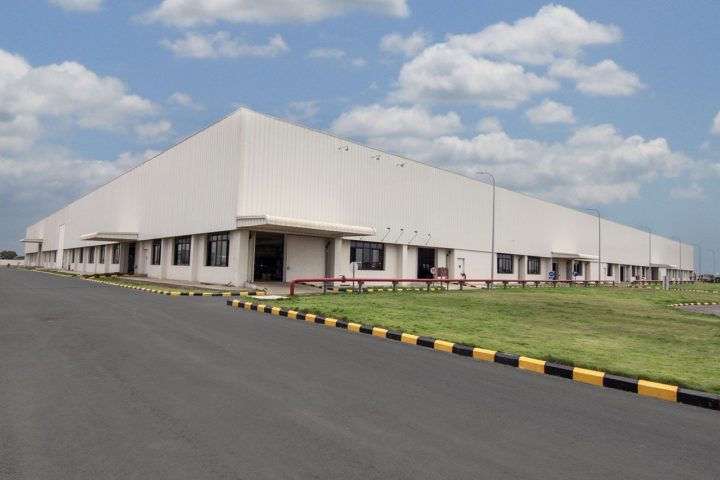By informing the policies that enable countries to successfully balance their own sustainable development needs with an increasing demand for foreign investment, research from Henley Business School at the University of Reading is helping to ‘level up’ access to the benefits of a globalised economy.
Sustainable economic growth can drive progress, create jobs and improve living standards. But in many developing countries, the demand for investment has far outstripped the pace of domestic economic growth. As such, there is increasing interest in attracting foreign direct investment (FDI) by multinational enterprises (MNEs).
Rajneesh Narula, Professor of International Business Regulation at Henley Business School, is helping policymakers in less-developed countries to understand the choices and outcomes available to them when it comes to attracting FDI, ensuring that it does not come at the expense of their own sustainable development goals. Long-term research conducted by Narula on the impact of FDI on economic development has established a deep understanding of the optimal means to achieve development through MNEs.
Narula has influenced global policymaking through his role as an advisor to the United Nations Conference on Trade and Development (UNCTAD), where he has been instrumental in providing evidence-informed links between MNEs and global development.
He has also directly shaped investment policy in Kaduna State in Nigeria – an area widely recognised as a ‘gateway’ to Northern Nigeria. By implementing his recommendations to link its industrial strategy with its investment targets, the government is on track to attract USD500 million in investments by 2023, creating up to 15,000 jobs in the local community.
Narula’s work has also been used in the development of Special Economic Zones (SEZs). Typically established to offer investors defined, business-friendly environments, SEZs are key policy instruments for attracting FDI. Narula’s research underpins the primary policy recommendations within UNCTAD’s 2019 World Investment Report, thus informing the development of a ‘new generation’ of SEZs, adapted for sustainable growth in a globalised economy.
Find out more
View the full impact case study on the REF 2021 website: Promoting Sustainable Development Through Special Economic Zones

